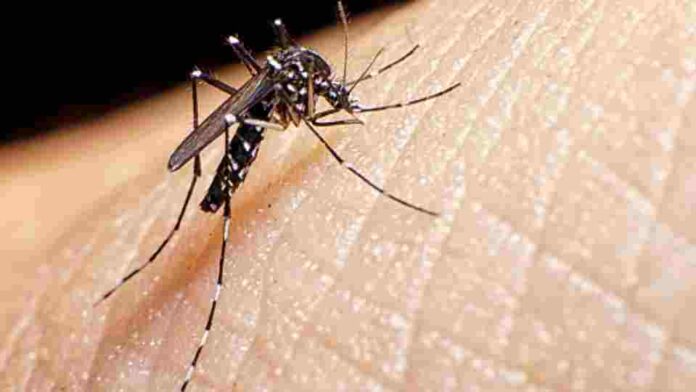Recent research by the Medical Research Institute (MRI) has found that the highest prevalence of dengue-carrying Aedes aegypti mosquitoes occurs between 7:00 AM and 11:00 AM, with the risk of infection significantly lower in the evening.
MRI Entomology Officer Gayan Kumarasinghe stated that the findings, based on a year-long study led by MRI Director Dr. Suranga Dolamulla and Chief Specialist Dr. Rohitha Muthugala, highlight how Aedes aegypti adapts rapidly to environmental conditions.
Unlike common belief, the dengue mosquito cannot see but is attracted to human body temperature through emitted radiation.
To reduce the risk of bites, experts advise:
Using citrus oil or perfumes as natural repellents
Wearing clothing that covers the entire body
Further research is ongoing to understand the mosquito’s adaptation mechanisms and develop better prevention strategies.
